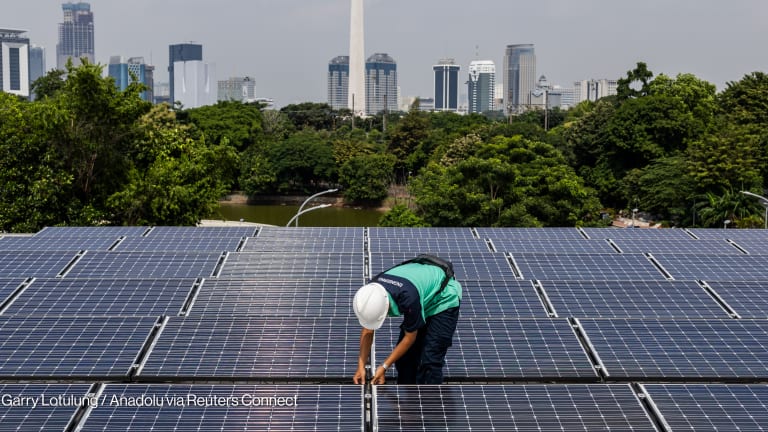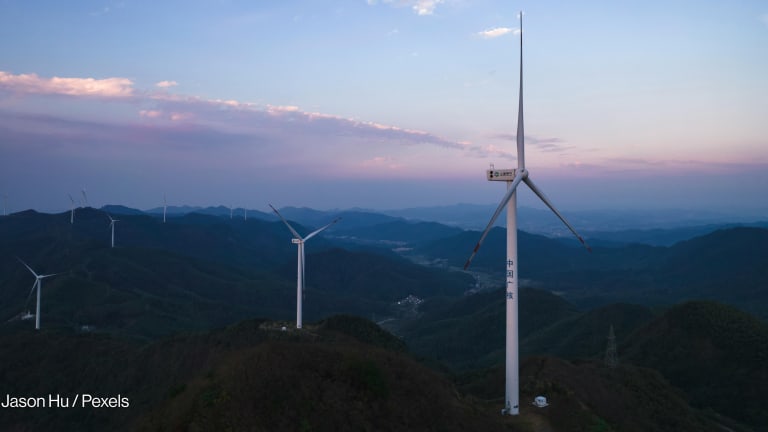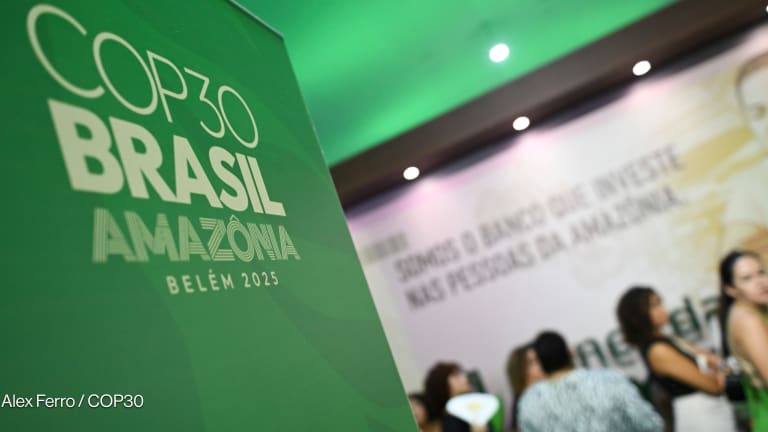With climate finance taking center stage at this year’s COP 28 climate summit in Dubai, all eyes were on Vietnam as it unveiled its $15.5 billion spending plan to accelerate its transition to clean energy — reigniting the debate over a model that has faced multiple stumbling blocks over the past couple of years.
The first Just Energy Transition Partnership, or JETP, was forged at COP 26 in 2021, when it was announced that South Africa would receive $8.5 billion from international partners such as the U.S. and the EU in a deal designed to decarbonize the country's energy sector — which is driven by coal and crippled by a heavily indebted state power company, Eskom. The model was hailed as an innovative way to finance clean energy transitions for emerging economies and deliver national goals such as energy security and job growth while simultaneously reducing emissions.
But excitement quickly subsided, as the realities of implementing multi-stakeholder plans became apparent, blueprints detailing spending plans were delayed, and the promised financing failed to materialize.








